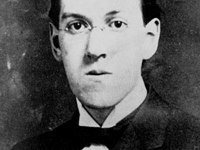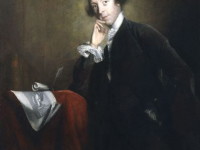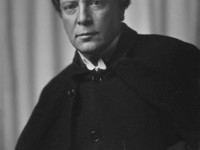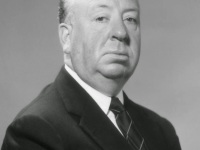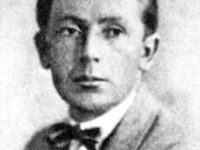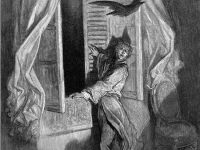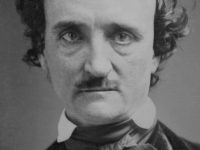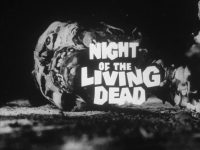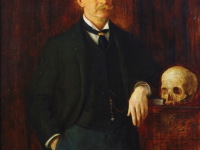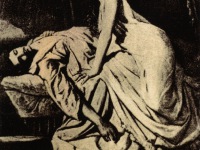H.P. Lovecraft and the Inconceivable Terror
On March 15, 1937, Howard Philips Lovecraft – better known as H.P. Lovecraft – author of horror, fantasy and science fiction, especially the subgenre known as weird fiction, passed away. He is renown as the originator of the Cthulhu Mythos story cycle and the Necronomicon, a fictional magical textbook of rites and forbidden lore. My first acquaintance with the weird literary fiction of H.P. Lovecraft dates back to my schooldays, when hanging…
Read more

